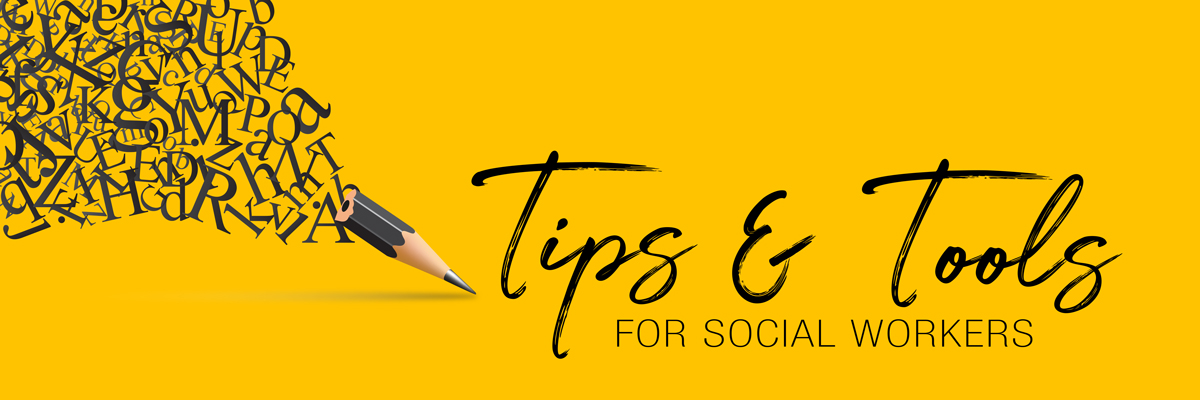
Reimbursement for Safety Planning and Follow-Up Interventions Available
for use by Clinical Social Workers in 2025
Mirean Coleman, LICSW, CT
Director of Clinical Practice
December 2024
Effective January 1, 2025, clinical social workers will be able to seek reimbursement for Safety Planning and Follow-up Interventions. Establishment of these payment services is an important step by the Center for Medicare and Medicaid Services (CMS) to help address the growing suicide and overdose populations.
Safety Planning Intervention (SPI)
A safety planning intervention involves working with a patient to develop a personalized list of coping and response strategies, and sources of support to use when experiencing thoughts of harm to themselves or others. It is not a suicide risk assessment, but an intervention provided with a patient who may have an elevated risk for suicide. Safety planning intervention is also used to reduce the risk of overdose. Components of a safety plan include, but are not limited to, the following:
- Engaging the patient in the identification of personalized elements of a safety plan
- Recognizing warning signs of an impending suicidal or substance-use related crisis
- Employing internal coping and response strategies
- Utilizing social contacts and settings as a mean of distraction to reduce suicidal thoughts or risky substance use
- Involving family members and significant others to help resolve the crisis
- Making referrals to appropriate crisis services and community organizations
- Creating a safe environment, including restricting access to lethal means
CMS has developed a new reimbursement code, G0560, for SPI services. It is a stand-alone code that can be billed in 20-minute increments by clinical social workers and others who are licensed to diagnose or treat mental illness.
Services provided by clinical staff in hospital settings are not able to receive independent reimbursement for these services.
Follow-up Contacts Intervention (FCI)
Follow-up contacts intervention involves a series of audio-only phone calls following discharge from an emergency department or other relevant care setting. The calls are designed to reduce the risk of adverse outcomes and are usually 10-20 minutes long. The purpose is to encourage the patient to use the SPI as needed in a crisis, to express psychosocial support, and to help facilitate engagement in any indicated follow-up care and services. FCI services are not a substitute for in-person service.
The FCI code for reimbursement is G0544: Post discharge telephonic follow-up contact performed in conjunction with a discharge from the emergency department for behavioral health or another crisis encounter. These services can be provided by auxiliary personnel incident to the services of the billing practitioner.
Clinical social workers must obtain permission from the patient to obtain FCI services prior to or during the initial phone call. The patient’s permission is documented in the clinical record. In addition, the patient must be made aware of Medicare cost sharing.
Additional information about SPI and FCI services is available at https://www.federalregister.gov/public-inspection/2024-25382/medicare-and-medicaid-programs-calendar-year-2025-payment-policies-under-the-physician-fee-schedule. NASW members may also email clinical.practice@socialworkers.org